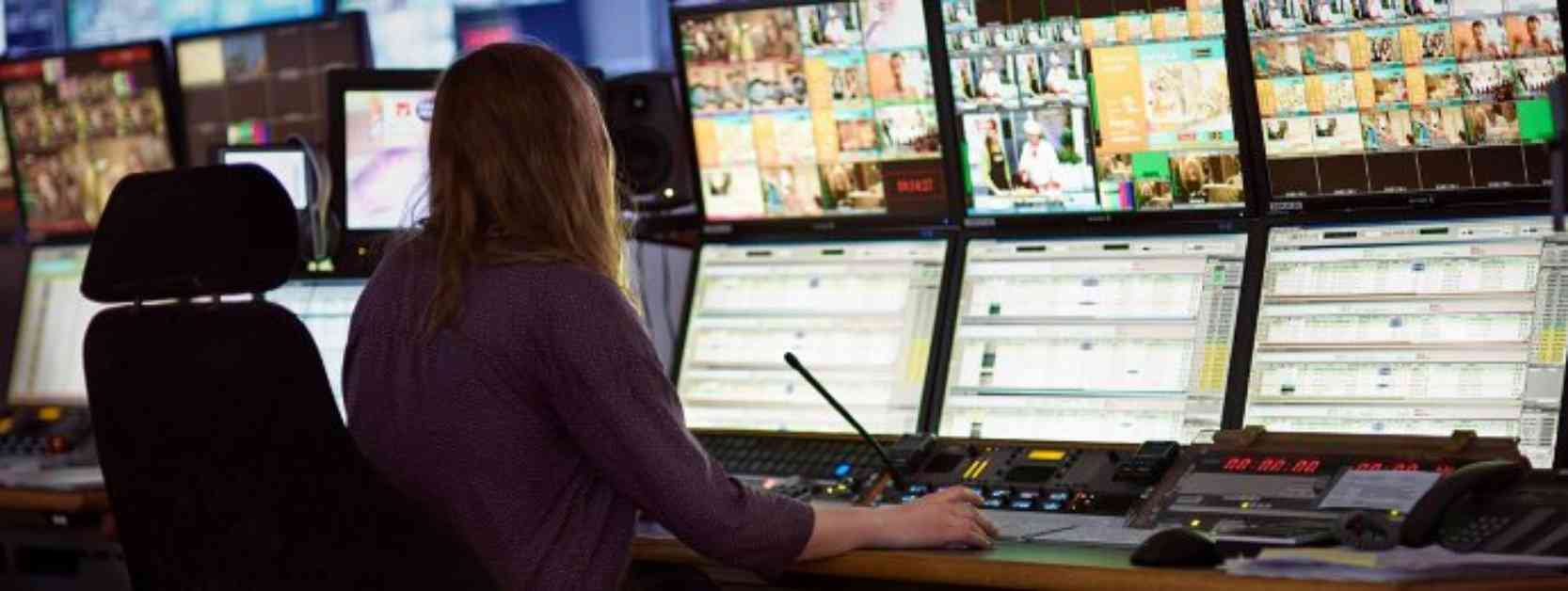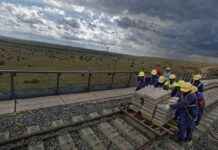It is no longer a secret that television stations like the RTL Group are struggling with declining advertising revenue. The company reported strong numbers for the first nine months, citing a robust first half of the year. However, they faced headwinds in the summer.
According to the RTL Group, the broadcast of the Olympic Games on public television and the economic downturn in Germany were the main reasons for the noticeable decrease in advertising revenue. The revenue in the summer quarter dropped by 2.3 percent, bringing TV advertising sales for the first nine months of the year to only 1.6 billion euros. This is a 2.3 percent increase from the previous year, which was exceptionally weak.
While RTL saw growth in their streaming business in terms of paying subscribers, viewing time, and advertising revenue, it was not enough to fully offset the weak TV business. They lowered their revenue forecast for the year from 6.6 billion euros to 6.3 billion euros. The estimated adjusted operating profit range of 700 to 800 million euros may only reach the lower end.
As a result, it is expected that the previous year’s profit of 782 million euros will be undercut. Despite some positive aspects, investors are concerned about the downward trend. This led to a 13 percent drop in the RTL stock on Wednesday, and it did not recover the following day. By the end of trading on Thursday, the stock price was only 23.85 euros, marking new all-time lows.
The continued decline in the importance of linear television seems to be the logical consequence of the downward trend in the broadcaster’s stock. RTL’s efforts to offset setbacks in the core business with growth in other areas have not been entirely successful. Although the streaming business is growing steadily, the production subsidiary Fremantle reported a 7.1 percent revenue decline this year.
Despite their efforts this year, including securing broadcast rights for some Euro games and expanding their sports offering, RTL’s business is still undergoing a transformation phase. They need to focus on growing in the digital space to compensate for the decreasing significance of traditional TV broadcasts. While this can be achieved, shareholders are still waiting for clear growth signals.
In conclusion, the business of RTL is evolving, and they need to continue working on digital growth to adapt to the changing landscape of television. While there are challenges, there are also opportunities for growth in the digital space. It is essential for RTL to find a balance between traditional and digital offerings to thrive in the future.

















